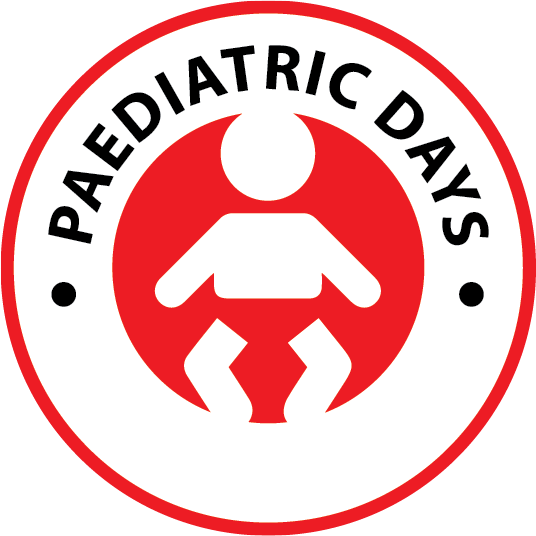BACK TO BASICS: DELIVERING ESSENTIAL CARE FOR THE HEALTHY DEVELOPMENT OF NEWBORNS
Melissa Hozjan is a paediatric and neonatal nurse who joined MSF in 2011. After working in field assignments, first as a nurse supervisor and later as a medical team leader, since 2018 she is the Paediatric Nursing Advisor of MSF Sydney Medical Unit. Her primary role is to support nurses caring for children from birth in MSF projects.
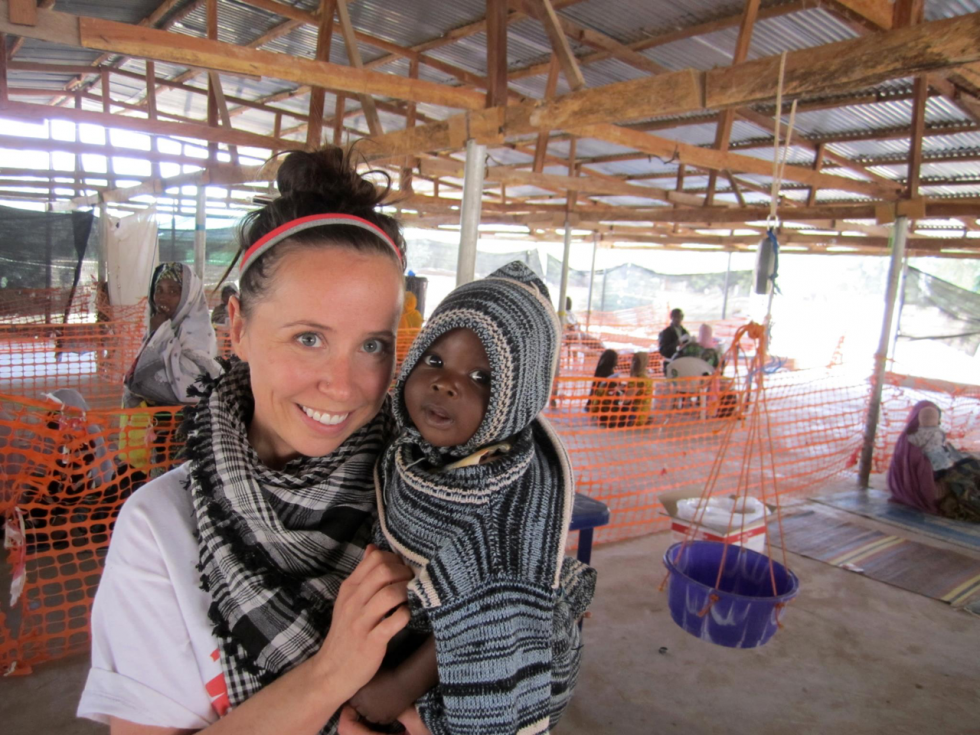
Florencia Romero received her Paediatric training in Buenos Aires (Argentina). Since 2006, she has participated on several MSF field missions located in Liberia, Zimbabwe, Perú or Zambia. Florencia has worked in and with all types of contexts and settings, providing direct care as a Paediatrician: supervision and training of local colleagues or designing, coordinating and managing medical programmes. She is currently in Geneva, where she holds the position of Staff Health Unit Manager.
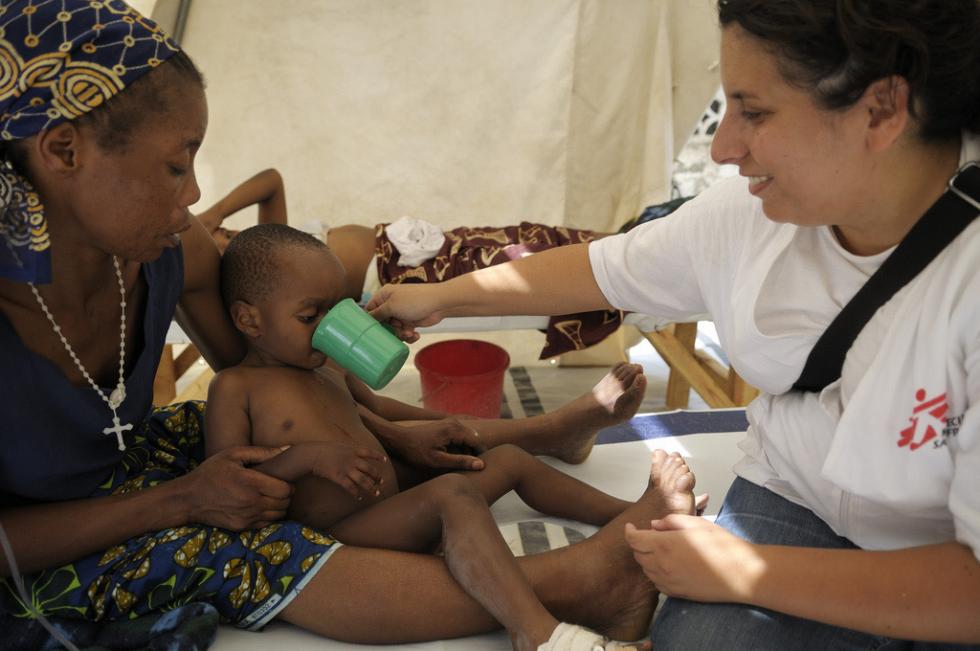
Florencia and Melissa are both members of the Paediatric Days Content Committee. They answer some questions about neonatal essential care, which will be the focus of our first session on April 15, 2021.
Can you briefly explain what the essential neonatal care is?
Melissa Hozjan: Essential new-born care aims to minimize the risk of illness and maximize a new-born’s growth and development. It includes providing warmth, evaluating breathing, initiating breastfeeding and preventing infection. This requires the support of trained healthcare staff. Many of the neonates we see hospitalised could have been prevented with the provision of essential neonatal care.
Why is this topic so important for MSF?
Melissa Hozjan: Under 5 mortality is highest in the neonatal period, the first 28 days of life. The care received in the neonatal period has impacts beyond the first month of life. For example, we are seeing high rates of malnutrition in children under 6 months, which are directly related to breastfeeding practices. These children are being cared for in our nutrition programs by healthcare workers who may not have experience or training in supporting breastfeeding.
Some topics like Kangaroo Mother Care (KMC) or breastfeeding were discussed back in the first edition of the MSF Paedriatic Days (Stockholm/2016). Do you see some progress in the field regarding essential neonatal care?
Melissa Hozjan: While there have been improvements globally, we continue to see high rates of neonatal mortality in countries where we work. Where MSF is involved in maternity, we can ensure essential care is provided however this can be complicated by the short stays in the postnatal period, making it challenging to ensure successful breastfeeding is established.
About breastfeeding: What are the main benefits?
Florencia Romero: The short-term and long-term benefits to both mother and baby are well established. Some of the main benefits for the baby: breastfeeding protects the baby against infections, ensures adequate nutrition through the constant adapting of the milk, according to the baby’s growth and needs, it protects and prevents the development of allergies and other chronic conditions, it contributes to the neurodevelopment of the baby and to mother-baby bonding.
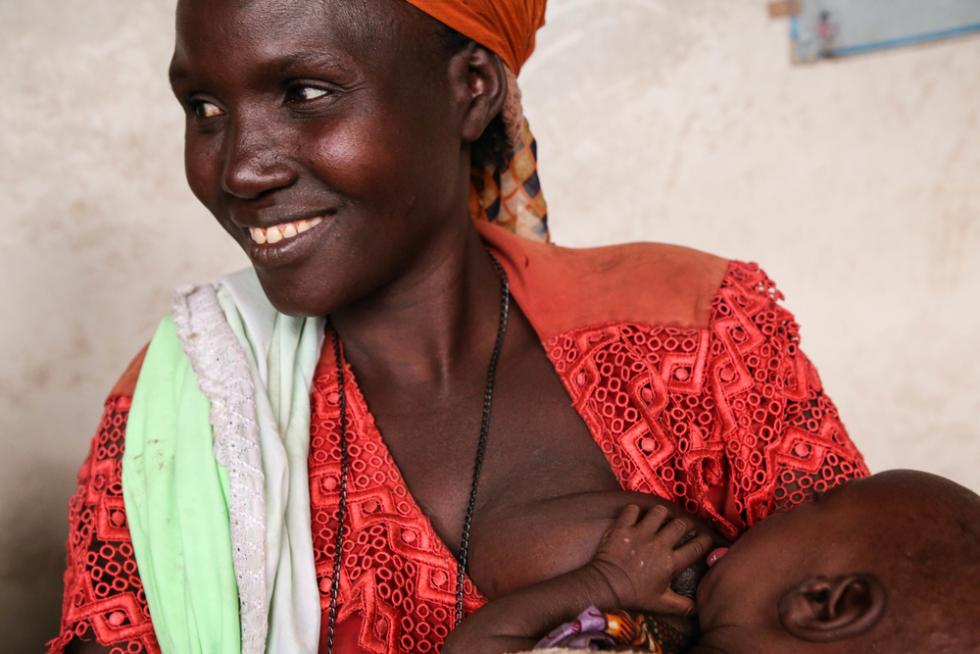
According to your experience in the field, can you explain why it’s sometimes difficult or impossible for some mothers to breastfeed?
Melissa Hozjan: There are many factors to consider: the health of the mother, both physical and mental, family, culture and community influence and support, the impact of context and traditional practices, and many factors we may not fully understand however we need to consider and respect each woman’s unique circumstances for her and her baby and adapt our support.
How can the community´s role impact (positively or negatively) the implementation of breastfeeding?
Florencia Romero: Within communities and within families we can always find those who can help women overcome challenges to breastfeeding. Strong female figures within families can also both strongly encourage or discourage women to breastfeed. Religious and community leaders, both female and male, can play very important and supportive roles to the implementation of breastfeeding activities.
What kind of post-natal care MSF provides that helps to develop the mother-baby dyad?
Florencia Romero: Depending on the setting of the MSF project, location and context, post-natal care can be provided in an out-patient clinic or through outreach, community – activities (thorough mobile clinics for example). Post-natal care is offered, within the first week after delivery, to detect early post-delivery complications and to help initiate of breastfeeding. A follow-up visit at 6 weeks after delivery is also planned, to detect late complications post-delivery complications, to ensure initiation/continuation of PMTCT activities (Prevention of Mother To Child Transmission of HIV), to support initiation/continuation of breastfeeding and vaccination of the baby.
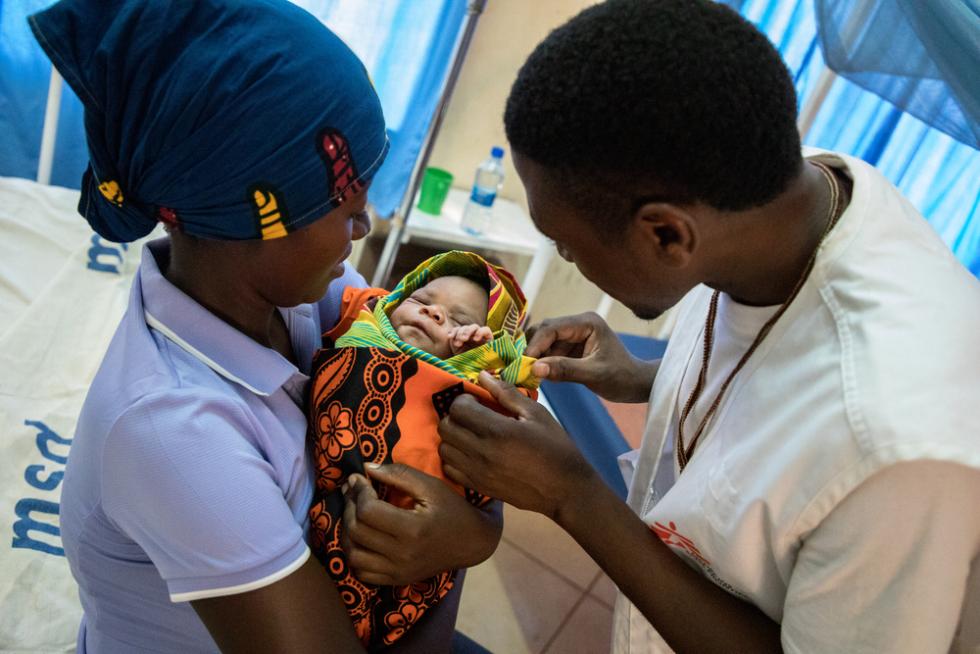
Could you share with us a personal experience of successful implementation of essential neonatal care?
Florencia Romero: In Haiti, after the emergency phase following the earthquake, MSF was running a very busy maternity with an outpatient clinic offering Sexual and Reproductive Health services, including post-natal care. Essential new-born care was present as a continuum of care between the maternity and the outpatient clinic.
The Paediatric Days team thanks Florencia Romero and Melissa Hozjan for their contribution to this article.
